Clinicians
The definition of clinician varies somewhat by state statutes, but typically includes physicians, licensed clinical social workers, and credentialed therapists. In some states, clinicians may petition for an ERPO for a patient that is behaving dangerously or at an elevated risk of harm to self or others. In other states, clinicians can work with law enforcement to initiate an ERPO.
In a growing number of states (Hawaii, the District of Columbia, Connecticut, New York, Colorado, Michigan, Maryland), clinicians can petition the court directly for an ERPO. Where clinicians can petition for an ERPO, they play a vital role in:
- Building rapport with the patient and family;
- Supporting the individual and family in navigating the petition process, including court engagements;
- Connecting the family to ongoing resources such as hospital social workers, outpatient mental health services, housing assistance, and other services to mitigate and/or prevent crisis.
In states where clinicians cannot petition for an ERPO, they may still work with the family or, if needed, law enforcement or other petitioners, to suggest an order to keep them and others safe.
Clinicians, in general, can educate the community on the ERPO process and connect individuals to local behavioral health services and other supports, and when available, also connect individuals to safe and secure gun storage resources. Clinicians can play a pivotal role in ensuring that the underlying issues that may have led to the ERPO are addressed before the ERPO expires.
Clinicians should also be aware of behavioral health outpatient services for resource linkages and should consider coordinating with law enforcement to advocate for the least restrictive means of intervention to keep the patient and community safe.
Resources for Clinicians
- HIPAA Privacy Rule and Disclosures of Protected Health Information for Extreme Risk Protection Orders
- Extreme Risk Protection Orders—A Tool for Clinicians to Prevent Gun Violence
- U.S. Extreme Risk Protection Orders to Prevent Firearm Injury: The Clinician’s Role
- Consensus-Driven Priorities for Firearm Injury Education Among Medical Professionals
- APA Resource Document – Resource Document on Risk-Based Gun Removal Laws
- Integration of extreme risk protection orders into the clinical workflow: Qualitative comparison of clinician perspectives

